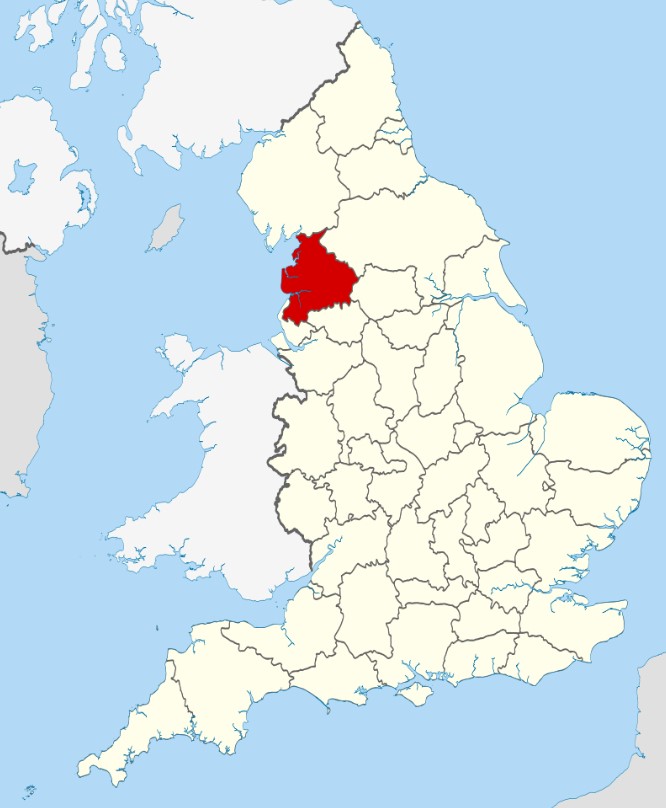Formal Communication
Notices provide a formal means of communication between landlords and tenants. They establish a documented record of important information, demands, or warnings. By using a notice, landlords can convey their concerns, expectations, or requests in a clear, structured, and legally compliant manner.










